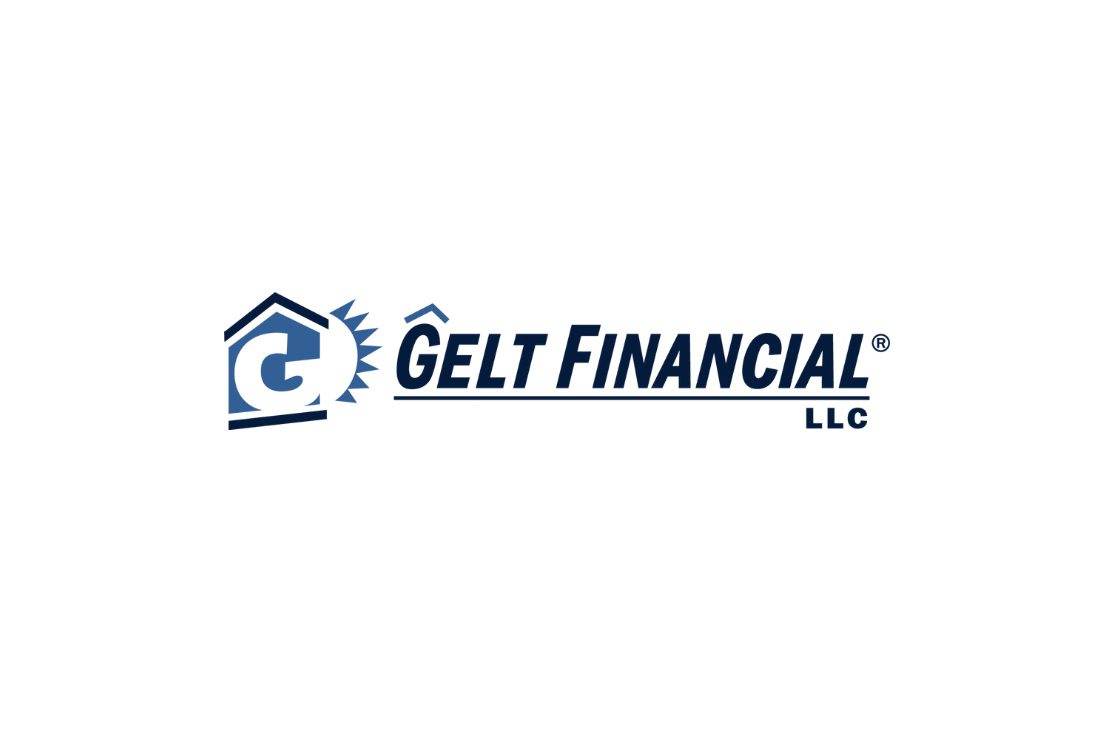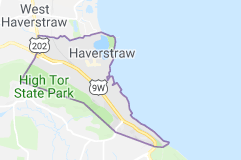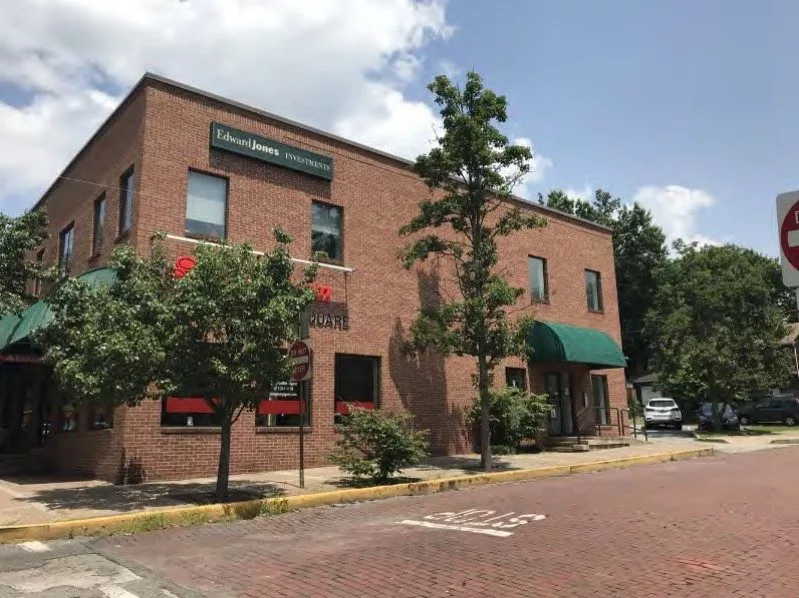WealthManagement.com features Gelt Financial in the article “Co-GP Structures Help Real Estate Sponsors Navigate a Choppy Investment Market”
Use of co-GP structures increased during the COVID pandemic as real estate developers saw the benefits of sharing infrastructure, costs and risk.
Written by Beth Mattson-Teig
Developers and real estate investment sponsors that have traditionally been reluctant to give up sole control and a bigger share of profits are changing their tunes as they recognize the benefits co-general partners (GP) can bring to deals, especially in more uncertain economic conditions.
Many real estate deals are structured as GP/LP arrangements with the real estate investment manager or developer serving as the general partner and other sources of capital sitting as limited partners. In a co-GP arrangement, an equity partner provides capital that a GP would normally bring the to the table in exchange for a higher return than would be available in a typical LP arrangement. The structure is attractive across the board from different types of investors–family offices, equity investors and funds. Developers will sometimes partner on deals, and institutions like them because it gives them more control in a joint venture.
Co-GP deals are not a new phenomenon. Developers have been using co-GP structures for years to expand into new markets for years. But interest in the structure increased during the pandemic as developers saw the benefits of sharing infrastructure, costs and risk. “What I have seen with my clients is that everyone is worried about risks associated with government shutdowns, credit support and rising interest rates. There is a lot of risk out there, and if you have a partner to navigate that with, it can be beneficial to both sides,” says David G. Moss, a partner at Duane Morris LLP in New York City.
Gelt Financial recently inked a co-GP deal with a sponsor that was looking to buy and reposition a vacant office building in the New York City metro. The sponsor had the property under contract and needed to bring in an equity partner to fund the transaction. In this case, Gelt Financial put up 100 percent of the equity and went into the deal as a 50-50 partner. In return, Gelt Financial is paid a preferred return on the equity and also gets an equal share of the profits.
“We liked the deal because this was a boots-on-the-ground individual who had the experience of leasing up buildings and doing the renovation work,” says Miller. The sponsor has since completed the renovation work and fully leased the building, and the partners are currently deciding on whether to sell or refinance. “That was really a perfect execution where the value has gone up dramatically,” he says.
Miller expects to see more investment co-GP opportunities going forward because of the more challenging environment for sourcing both debt and equity. “A year or two ago there was so much capital chasing real estate deals that GPs had a lot more control and power. They could say, ‘Here’s the deal. Take it or leave it.’ We’re not in that world anymore,” he says. “The market has changed a lot over the last six months, and it’s going to continue to change as interest rates rise.”
Partners bring capital and resources
One of the main drivers behind the spike in co-GP deals is sponsors’ need for capital. A co-GP deal is a good way for a less seasoned developer or sponsor to access funds. Experienced developers also leverage co-GPs to expand across multiple projects or do bigger deals than they would otherwise. For the incoming or second GP, the agreement gives them access to a share of the promote and a fair amount of the upside in value creation, even if the initial GP is doing a majority of the work.
A GP partner brings their own equity to a deal, and they also can help raise limited partner equity, leverage their balance sheet to find cheaper debt, and if necessary, provide credit support by serving as a co-guarantor on a non-recourse loan. “That GP partner can be like fertilizer, allowing you to do bigger deals because they can provide capital and help find and source capital at lower rates that will allow you to write bigger checks and do bigger deals,” says Moss.
Bringing in a partner also offers other key advantages, such as providing expertise, infrastructure, boots on the ground operating support and relationships. Evergreen Property Partners has a co-GP platform that makes strategic and programmatic co-GP equity investments with a select number of sponsors in JVs alongside a diversified group of institutional majority equity partners. “Any relationships at Evergreen become part of our partner’s relationships,” says DJ Van Keuren, co-managing director of Evergreen Property Partners and founder of the Van Keuren Family Office Real Estate Institute.
For example, Evergreen has a client that is investing as a co-GP in a modular build-to-rent development. There is an opportunity for the developer to add solar to the project that will help offset utility costs and improve the project’s sustainability. Evergreen leveraged an existing relationship with the head of a solar company to create a connection for the developer. In another case, Evergreen shared its expertise with a partner involved in a complicated land acquisition. “At the end of the day, those shared relationships will help us to make more money,” he adds.
Sharing decision making
GP investments are attractive to investors for the enhanced economics, as well as greater decision-making controls that often come with those structures. However, it’s important to carefully analyze the operator, advises Van Keuren. What have they done? What’s their balance sheet? How much skin do they have in the game? “When you’re investing at the co-GP level, that is magnified, because you’re really investing with the GP directly and not just the project itself,” he says.
Co-GP deals are typically more complex than a typical JV and terms can vary depending on the individual deal. Generally, the incoming co-GP wants a seat at the table and a say in major decisions that impact what’s going on at the property, notes Miller. Day-to-day decisions are typically the primary GPs responsibility, but Gelt Financial wants major decision rights, such as approval on the decision to sell or refinance the property, or approval on a lease to a major tenant, he adds.
The profit sharing split also is negotiated depending on what each side brings to the deal. For example, the secondary GP might get paid a premium on their equity and also share in the profits. However, that split might be a 50-50, 60-40 or 70-30. When a co-GP is providing that credit enhancement, they usually want something in exchange for that added risk, such as more control rights on major decisions or a piece of the developer fee. “There has to be some give and take and incentives for both sides to make it work. When you find that, a co-GP relationship can be beneficial,” says Moss.





















